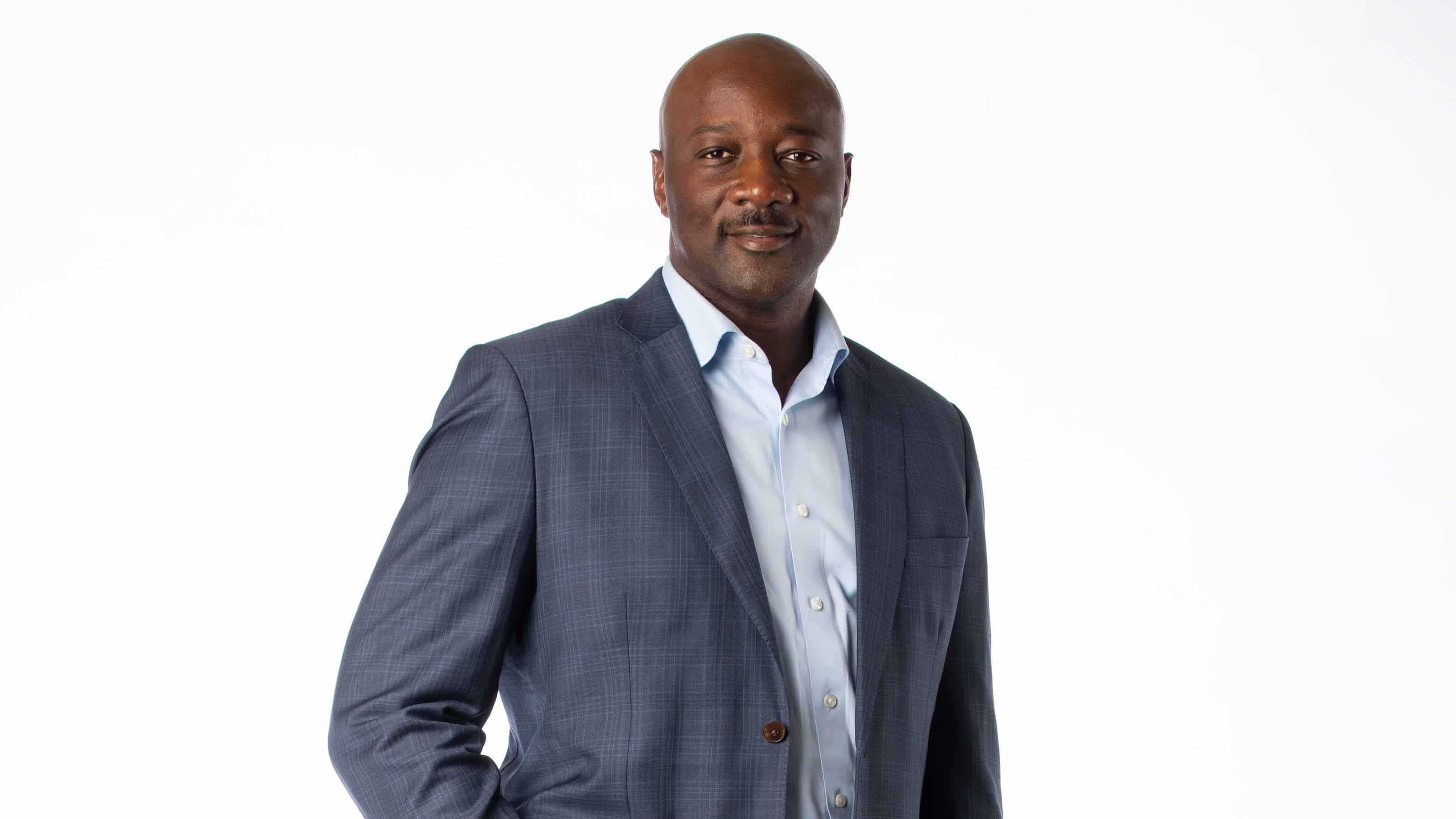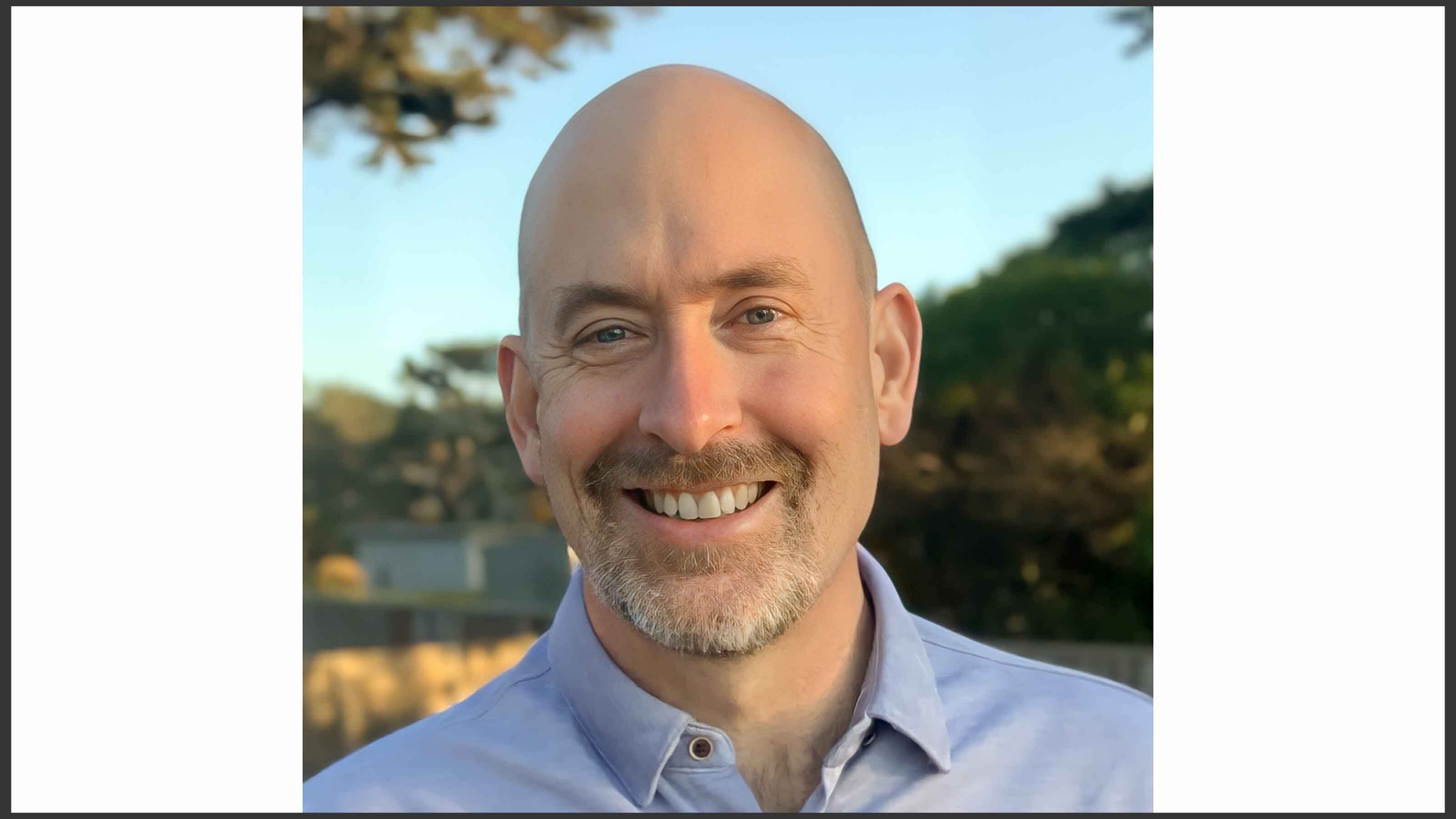Financial Lessons From Downton Abbey
You need skills to manage your financial resources because so much of the responsibility is on you.

Profit and prosper with the best of Kiplinger's advice on investing, taxes, retirement, personal finance and much more. Delivered daily. Enter your email in the box and click Sign Me Up.
You are now subscribed
Your newsletter sign-up was successful
Want to add more newsletters?

Delivered daily
Kiplinger Today
Profit and prosper with the best of Kiplinger's advice on investing, taxes, retirement, personal finance and much more delivered daily. Smart money moves start here.

Sent five days a week
Kiplinger A Step Ahead
Get practical help to make better financial decisions in your everyday life, from spending to savings on top deals.

Delivered daily
Kiplinger Closing Bell
Get today's biggest financial and investing headlines delivered to your inbox every day the U.S. stock market is open.

Sent twice a week
Kiplinger Adviser Intel
Financial pros across the country share best practices and fresh tactics to preserve and grow your wealth.

Delivered weekly
Kiplinger Tax Tips
Trim your federal and state tax bills with practical tax-planning and tax-cutting strategies.

Sent twice a week
Kiplinger Retirement Tips
Your twice-a-week guide to planning and enjoying a financially secure and richly rewarding retirement

Sent bimonthly.
Kiplinger Adviser Angle
Insights for advisers, wealth managers and other financial professionals.

Sent twice a week
Kiplinger Investing Weekly
Your twice-a-week roundup of promising stocks, funds, companies and industries you should consider, ones you should avoid, and why.

Sent weekly for six weeks
Kiplinger Invest for Retirement
Your step-by-step six-part series on how to invest for retirement, from devising a successful strategy to exactly which investments to choose.
As a fan of Downton Abbey, I’ve been trying to figure out a way to squeeze a financial lesson from the hit PBS series into this column. Perhaps I could critique his lordship’s folly in betting the ranch (or, in his case, the estate) on a Canadian railroad that went bust. No, too obvious. Maybe I could comment on Cousin Matthew’s good fortune in inheriting not one but two good-size fortunes. Nope, too farfetched.
But Cousin Matthew did recently come to the rescue when he told Lady Mary why he, a middle-class lawyer, wanted to run the estate as if it were a business: “The middle classes have their virtues, and husbandry is one.” Husbandry is defined as the careful management of domestic resources—or, as my son Peter put it in more modern terms, “You need skills.” In today’s world, you need skills to manage your financial resources because so much of the responsibility is on you. “We have gone through the equivalent of an industrial revolution in finance, and we’re not going back,” says Annamaria Lusardi, director of the Global Center for Financial Literacy (see Financial Literacy: Does It Work?).
In that vein, April has again been designated Financial Literacy Month. Just what are the skills you need to be financially literate? In a survey of parents and educators by the Family Financial Network, respondents said that access to unbiased, trustworthy financial information is a top concern. Asked to list the issues about which consumers need to be educated, respondents most often mentioned "saving and investing," followed by "building net worth." What is the biggest challenge leaders face in providing effective financial education? "Making it easy to understand."
From just $107.88 $24.99 for Kiplinger Personal Finance
Become a smarter, better informed investor. Subscribe from just $107.88 $24.99, plus get up to 4 Special Issues

Sign up for Kiplinger’s Free Newsletters
Profit and prosper with the best of expert advice on investing, taxes, retirement, personal finance and more - straight to your e-mail.
Profit and prosper with the best of expert advice - straight to your e-mail.
All of which led me to conclude that when it comes to building financial skills, you're holding the ultimate tool in your hands. Unbiased, trustworthy advice? We've been providing it since 1947. Saving and investing? See our cover story, in which senior editor Anne Kates Smith tells disenchanted investors how to rekindle their relationship with the stock market. Easy to understand? See our helpful article about boosting your paycheck by adjusting your tax withholding; our accompanying tax-withholding calculator makes it even easier.
Start with the kids. Those are adult concerns. How do we raise financially literate children? “You need to start small and build on it,” says Lusardi. As someone who writes about kids and money, I have my own ideas about what they need to know before they leave home:
* How to manage a cash allowance.
* How to manage a checking account with a debit card.
* How to save for a goal.
* How to compare prices.
* How small amounts saved when you’re young can grow into big piles of money (see the calculator at Moneychimp.com).
* How long it takes to pay off credit card debt (use the calculator at Moneychimp.com).
Kids also need to know that they shouldn’t count on making their fortune by winning the lottery or inheriting a windfall. That only happens on Downton Abbey.
P.S. Planning for Alzheimer’s is a must-read for anyone who is concerned about coping financially with this disease.
Profit and prosper with the best of Kiplinger's advice on investing, taxes, retirement, personal finance and much more. Delivered daily. Enter your email in the box and click Sign Me Up.

Janet Bodnar is editor-at-large of Kiplinger's Personal Finance, a position she assumed after retiring as editor of the magazine after eight years at the helm. She is a nationally recognized expert on the subjects of women and money, children's and family finances, and financial literacy. She is the author of two books, Money Smart Women and Raising Money Smart Kids. As editor-at-large, she writes two popular columns for Kiplinger, "Money Smart Women" and "Living in Retirement." Bodnar is a graduate of St. Bonaventure University and is a member of its Board of Trustees. She received her master's degree from Columbia University, where she was also a Knight-Bagehot Fellow in Business and Economics Journalism.
-
 How Much It Costs to Host a Super Bowl Party in 2026
How Much It Costs to Host a Super Bowl Party in 2026Hosting a Super Bowl party in 2026 could cost you. Here's a breakdown of food, drink and entertainment costs — plus ways to save.
-
 3 Reasons to Use a 5-Year CD As You Approach Retirement
3 Reasons to Use a 5-Year CD As You Approach RetirementA five-year CD can help you reach other milestones as you approach retirement.
-
 Your Adult Kids Are Doing Fine. Is It Time To Spend Some of Their Inheritance?
Your Adult Kids Are Doing Fine. Is It Time To Spend Some of Their Inheritance?If your kids are successful, do they need an inheritance? Ask yourself these four questions before passing down another dollar.
-
 Money for Your Kids? Three Ways Trump's ‘Big Beautiful Bill’ Impacts Your Child's Finances
Money for Your Kids? Three Ways Trump's ‘Big Beautiful Bill’ Impacts Your Child's FinancesTax Tips The Trump tax bill could help your child with future education and homebuying costs. Here’s how.
-
 Key 2025 Tax Changes for Parents in Trump's Megabill
Key 2025 Tax Changes for Parents in Trump's MegabillTax Changes Are you a parent? The so-called ‘One Big Beautiful Bill’ (OBBB) impacts several key tax incentives that can affect your family this year and beyond.
-
 What Does Medicare Not Cover? Eight Things You Should Know
What Does Medicare Not Cover? Eight Things You Should KnowMedicare Part A and Part B leave gaps in your healthcare coverage. But Medicare Advantage has problems, too.
-
 QCD Limit, Rules and How to Lower Your 2026 Taxable Income
QCD Limit, Rules and How to Lower Your 2026 Taxable IncomeTax Breaks A QCD can reduce your tax bill in retirement while meeting charitable giving goals. Here’s how.
-
 How to Benefit From Rising Interest Rates
How to Benefit From Rising Interest RatesFinancial Planning Savers will get the best rates from top-yielding savings and money market deposit accounts at online banks.
-
 Donor-Advised Funds: The Gift That Keeps on Giving
Donor-Advised Funds: The Gift That Keeps on GivingFinancial Planning Expert guidance on how this charitable vehicle can make a difference.
-
 PODCAST: Tax Breaks for College Finance with Kalman Chany
PODCAST: Tax Breaks for College Finance with Kalman ChanyPaying for College Paying for (ever-pricier) college is a challenge that this consultant meets head on with highly specific guidance.
-
 Reading, Writing, and Personal Finance
Reading, Writing, and Personal FinanceRaising Money-Smart Kids A growing number of high schools are adding personal finance to their curriculum.